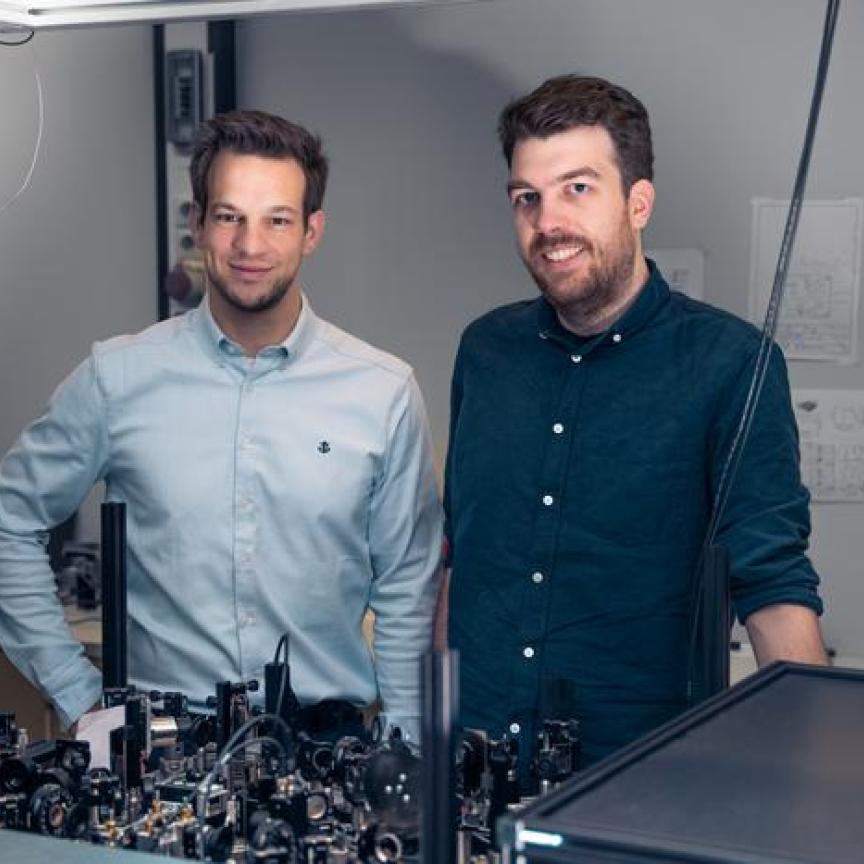Researchers are exploring whether laser technology can provide a low-cost, chemical-free method of making a key component used in electronic products from microwave ovens to computers.
De Montfort University Leicester (UK) academics are taking part in a research project which aims to develop a new process for producing printed circuit boards (PCBs). The two-year project, entitled Laser Printed Electronics, aims to provide the UK electronics sector with a simple, low cost, flexible and environmentally-friendly production method for PCBs.
PCBs are used in most electronic devices but the current manufacturing process requires large amounts of liquid chemicals, water and energy. The new project is developing a dry printing method that uses no chemicals. The university's Rapid Prototyping and Manufacturing Group, led by Professor David Wimpenny, will develop a deposition system based on a novel combination of laser printing and fibre laser consolidation of the deposited material. The project will initially look at laying conductive tracks on the circuit boards but could also be used to deposit layers of dielectric or protective materials, solder for connection of devices and also to print legends on boards. In this way, the new process could provide a 'one-stop' solution for the production of PCBs.
Quartz-TSL, a PCB manufacturer based in Merry Lees, is coordinating the research project, and along with Hartlepool company Flex-Ability, will be testing the new process. The other partner in the project, MTT, based in Stone, will develop laser sintering hardware for the system.
The two-year project is worth £341,426 with £182,346 coming from the Technology Strategy Board’s High Value Manufacturing Call.

